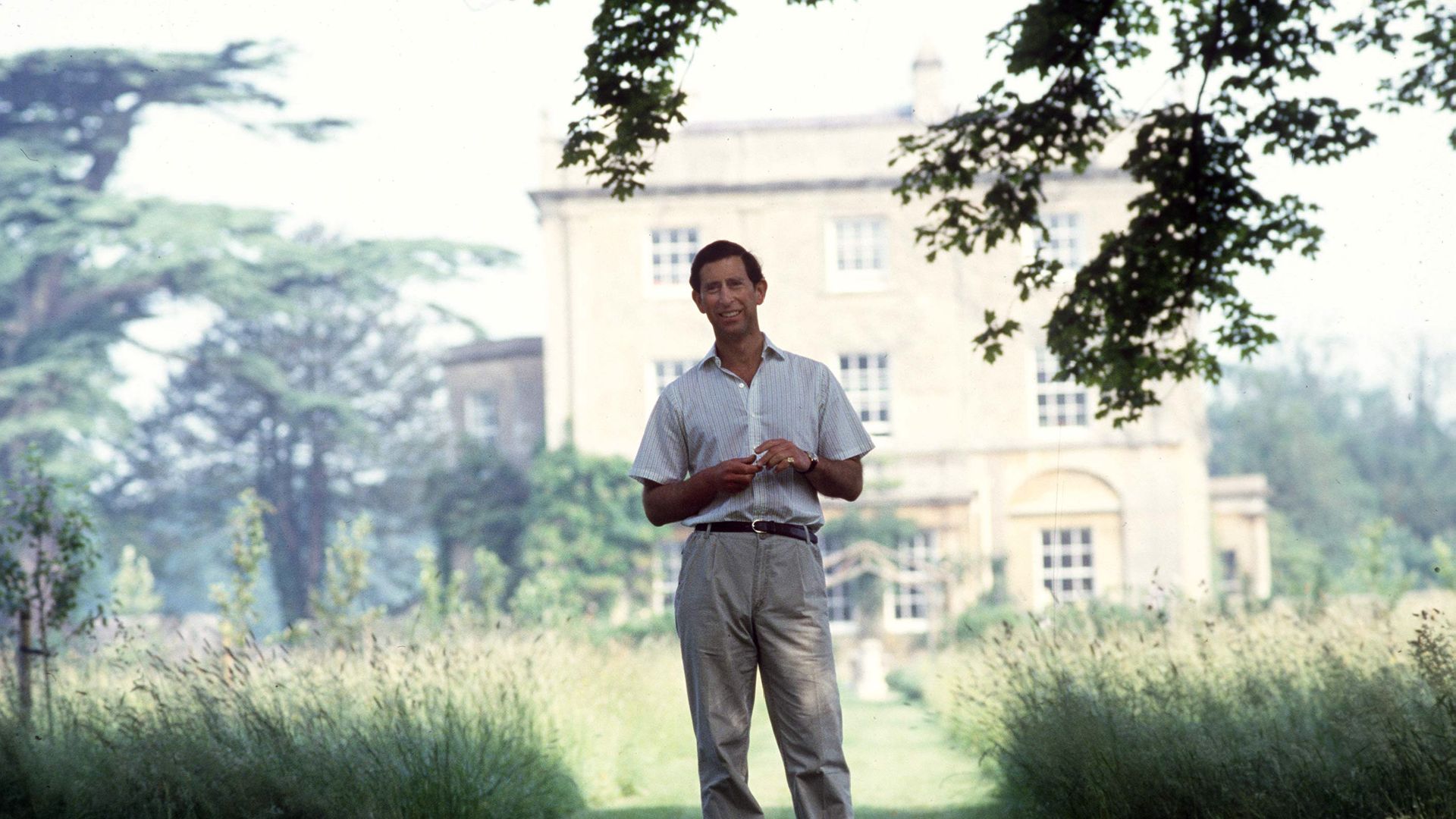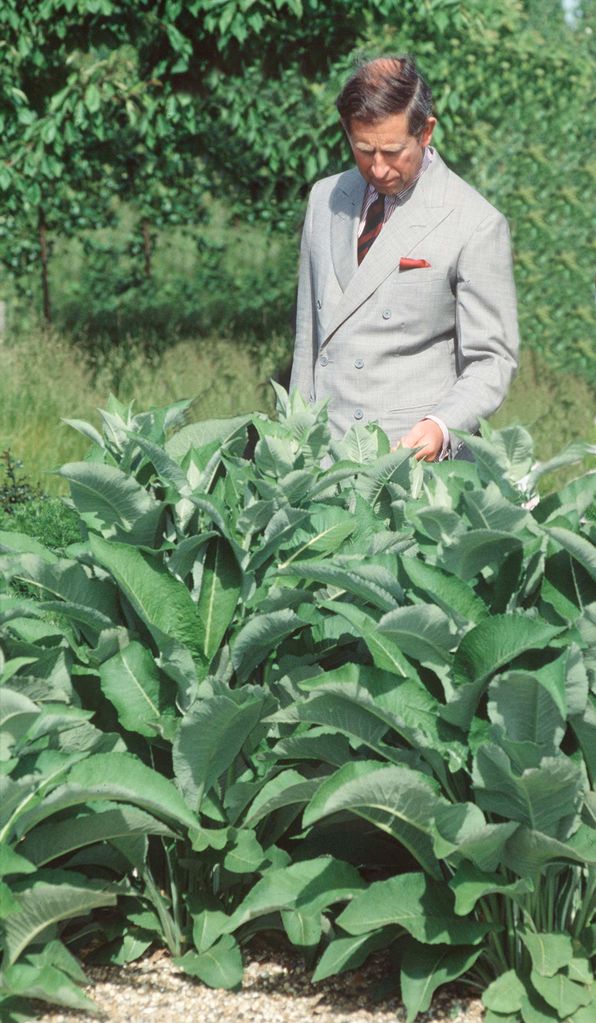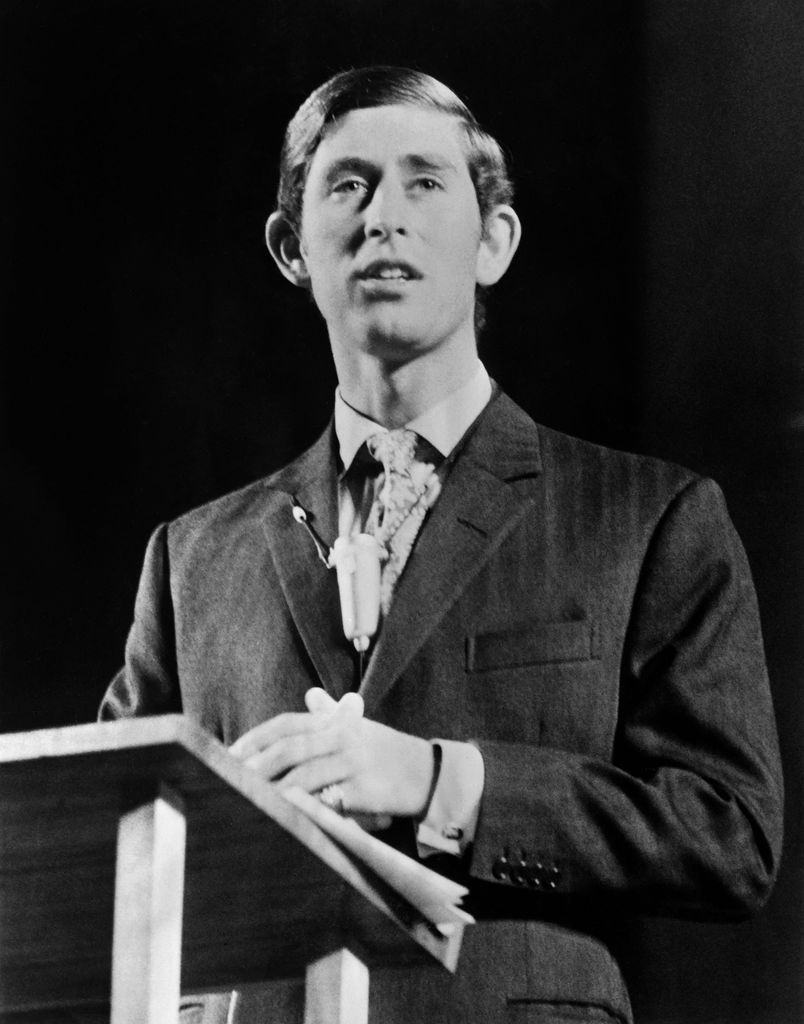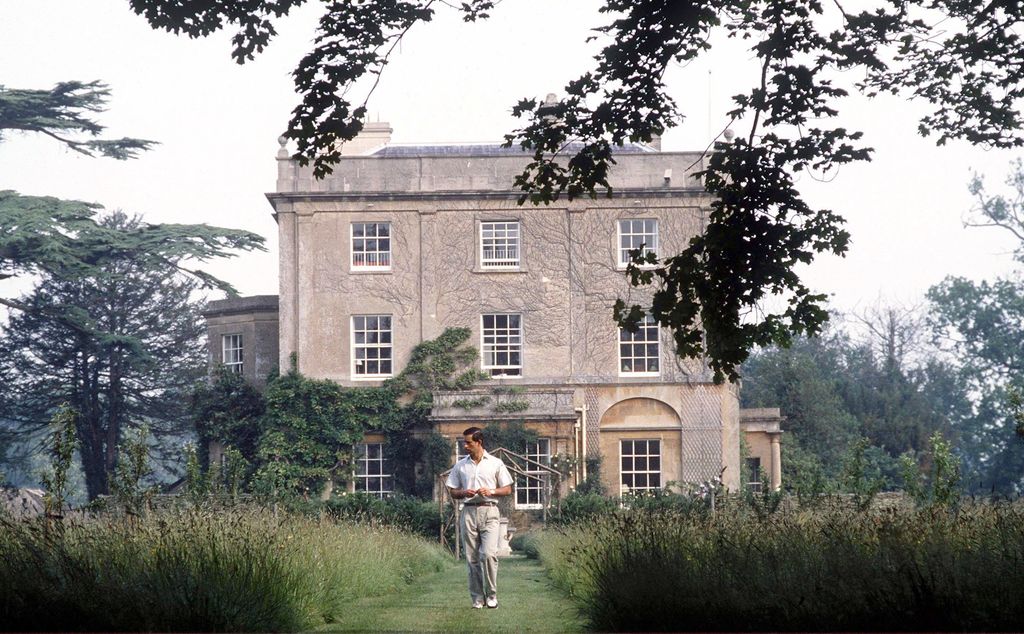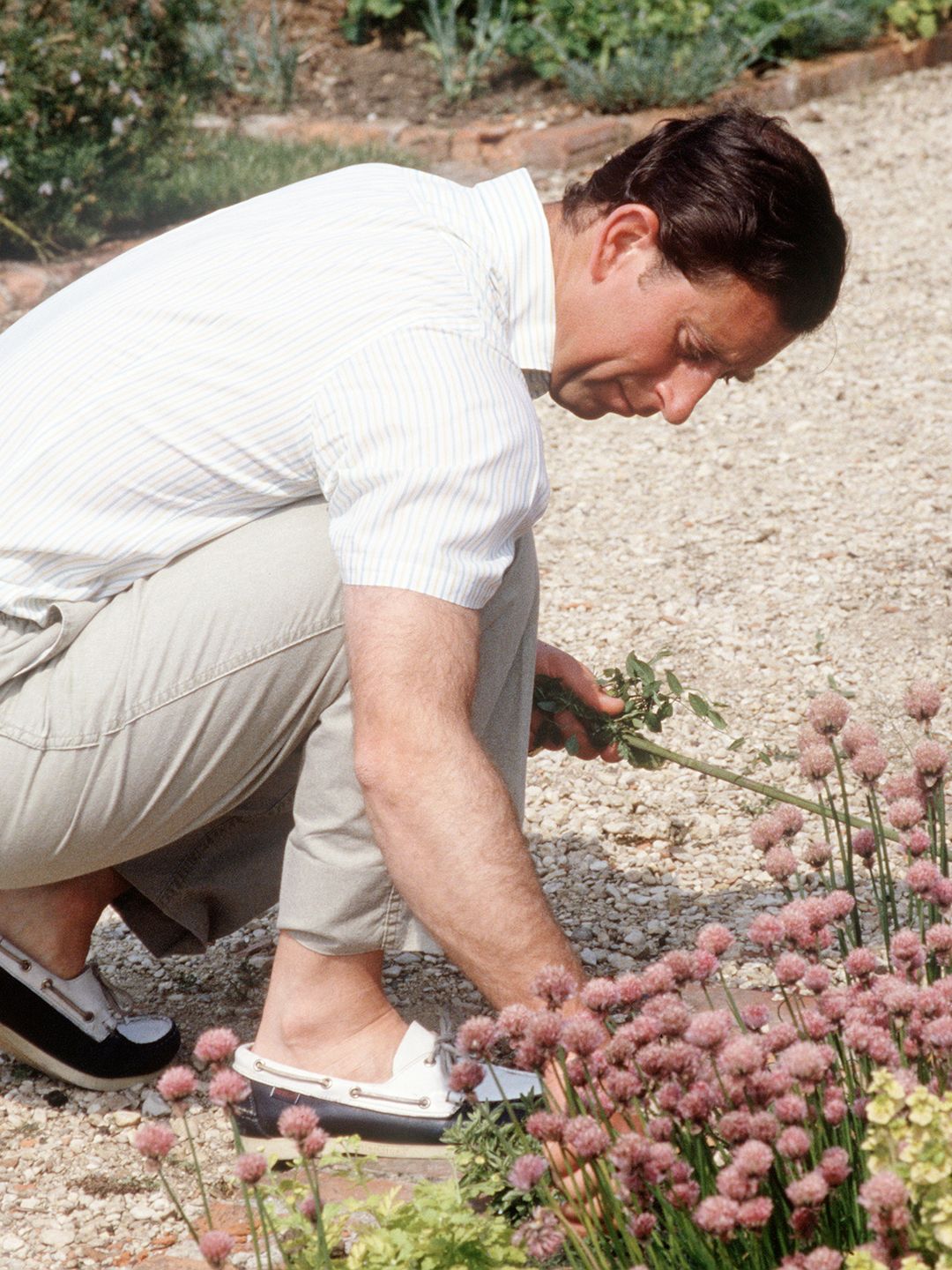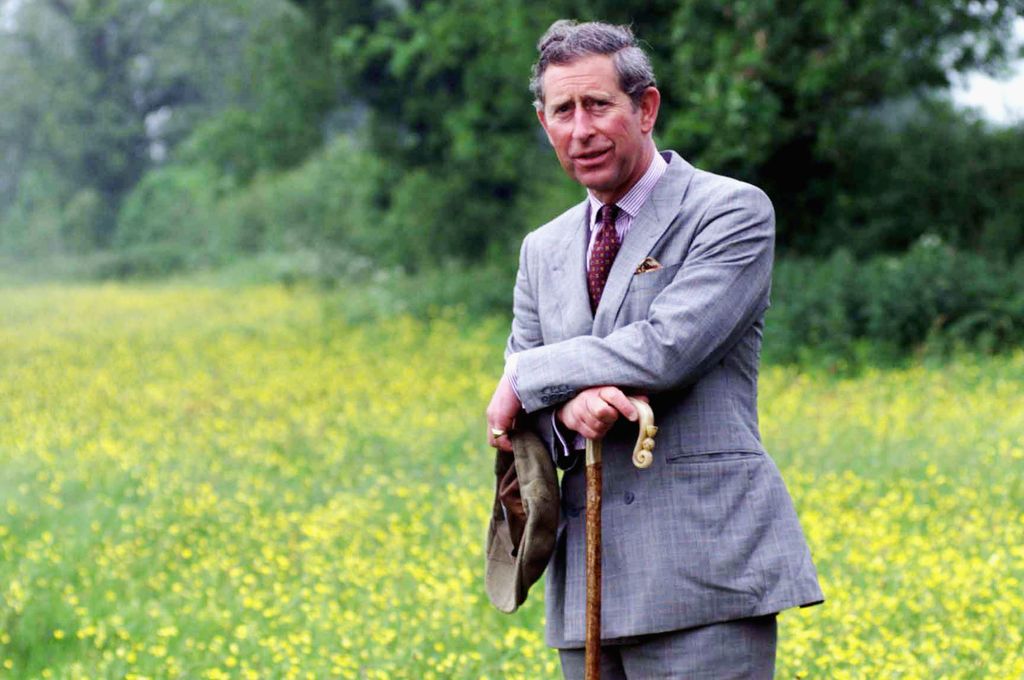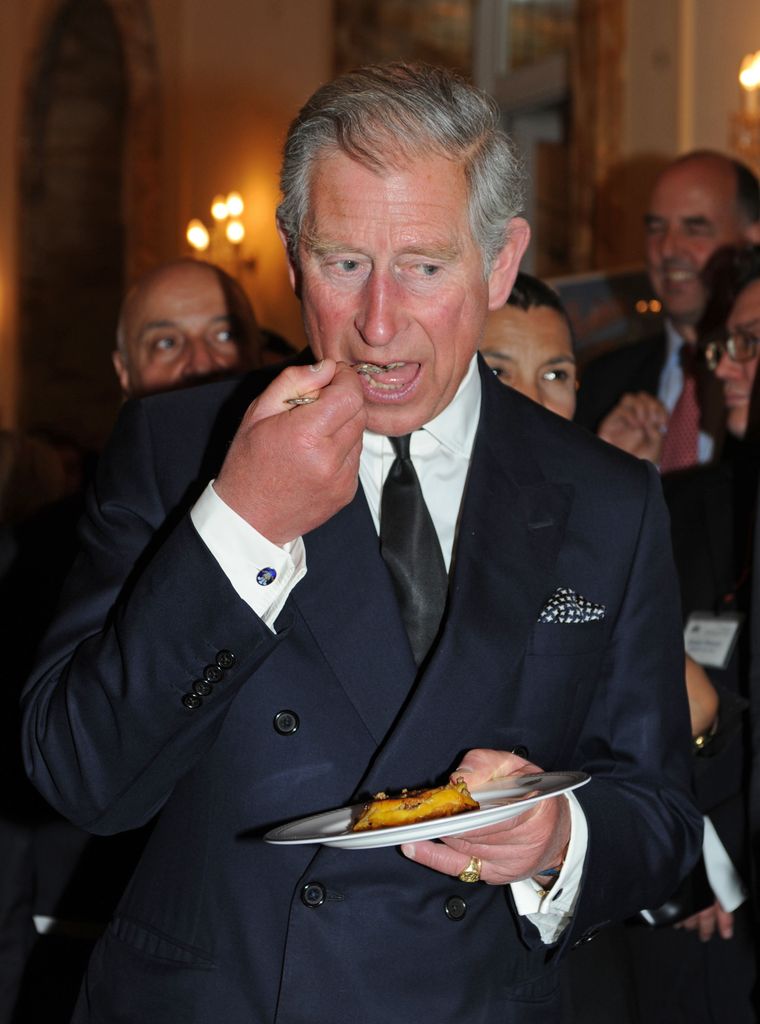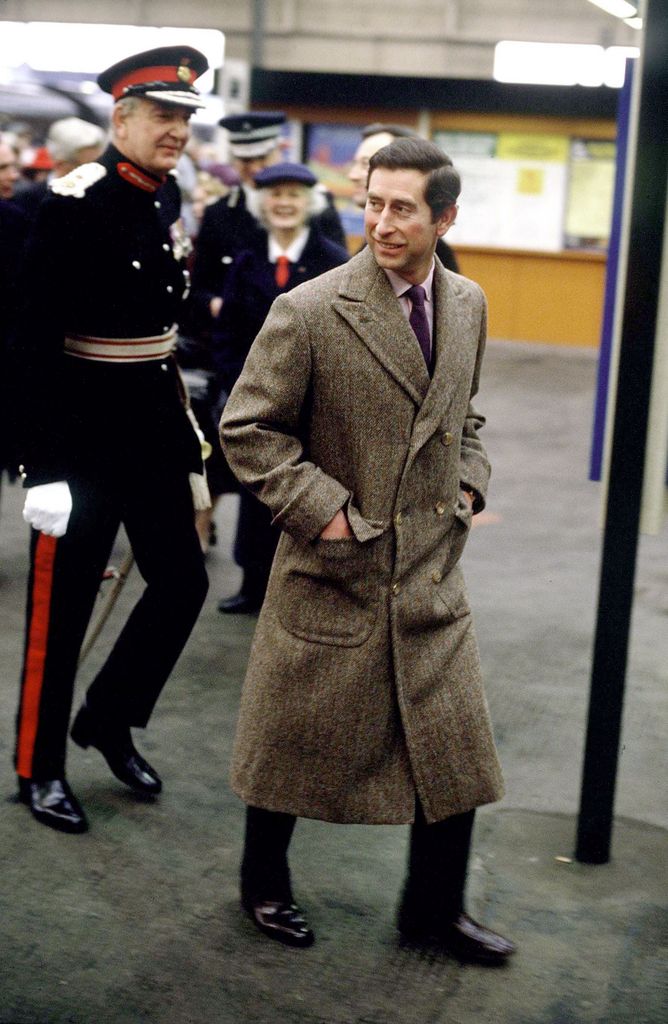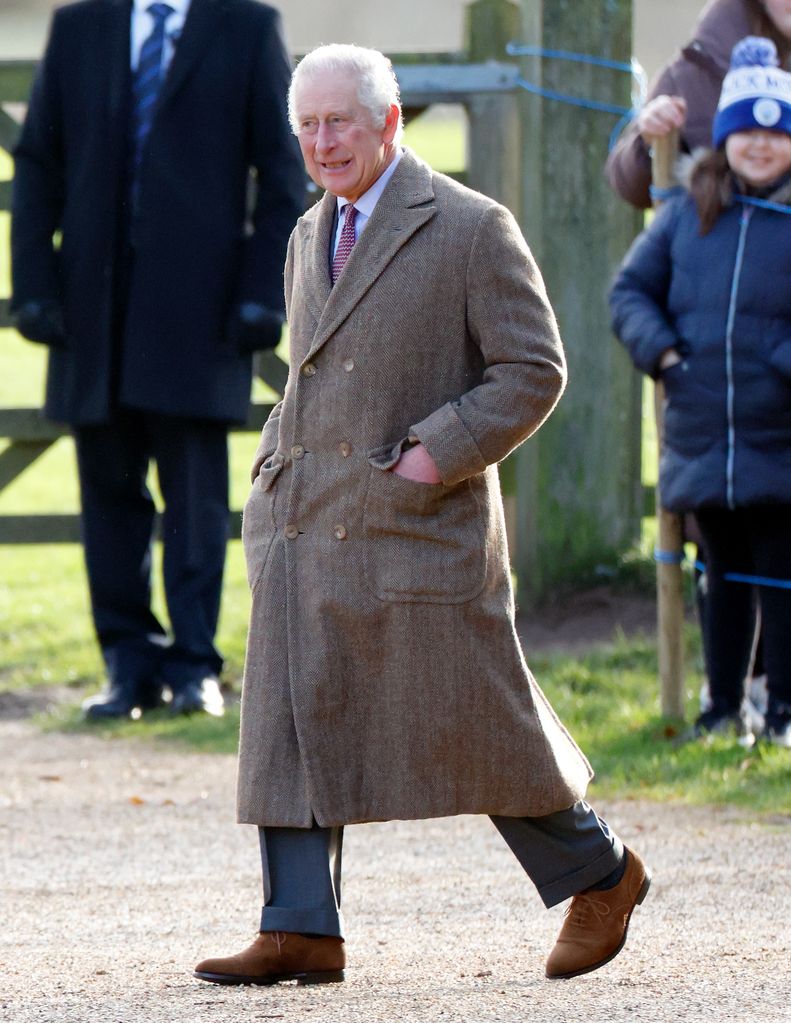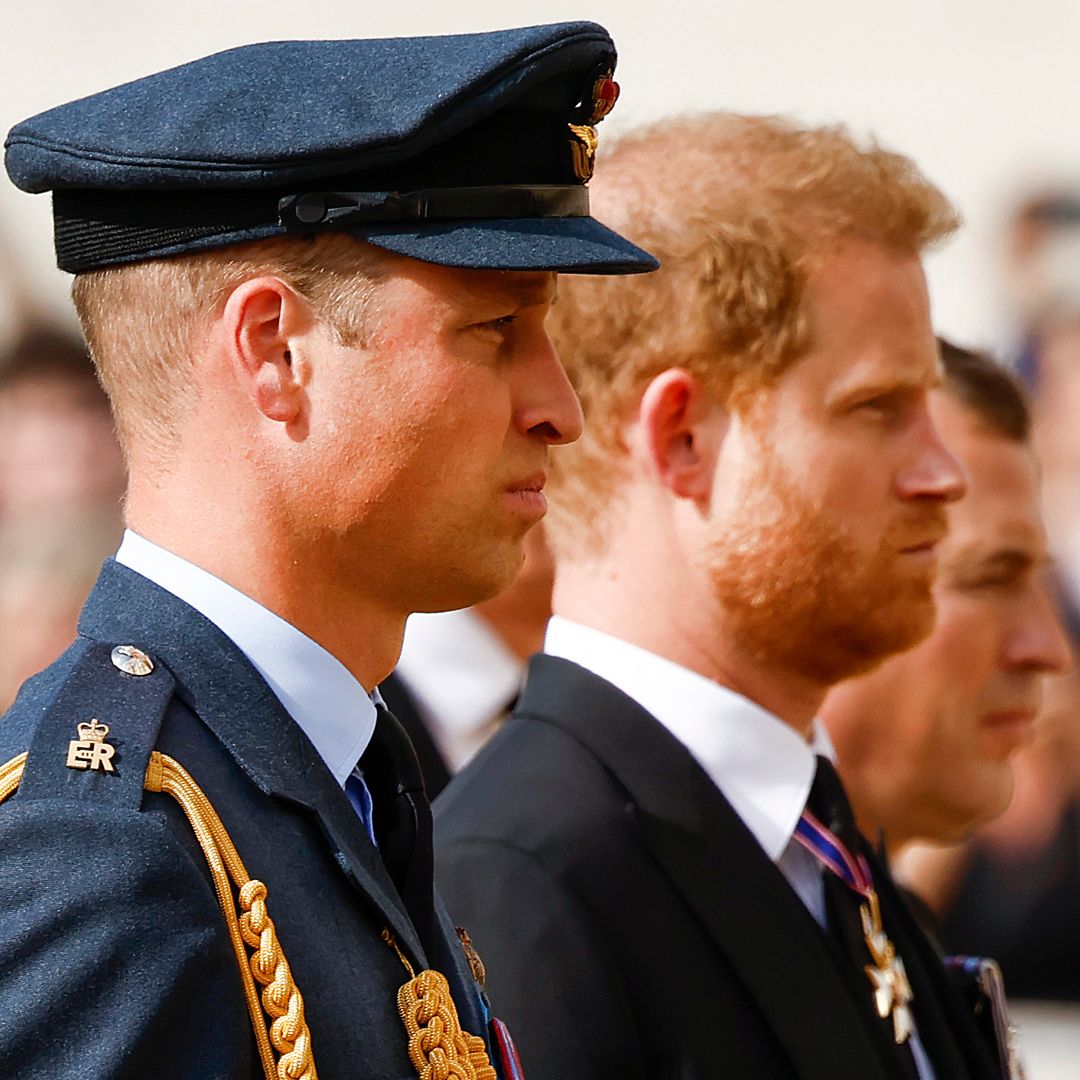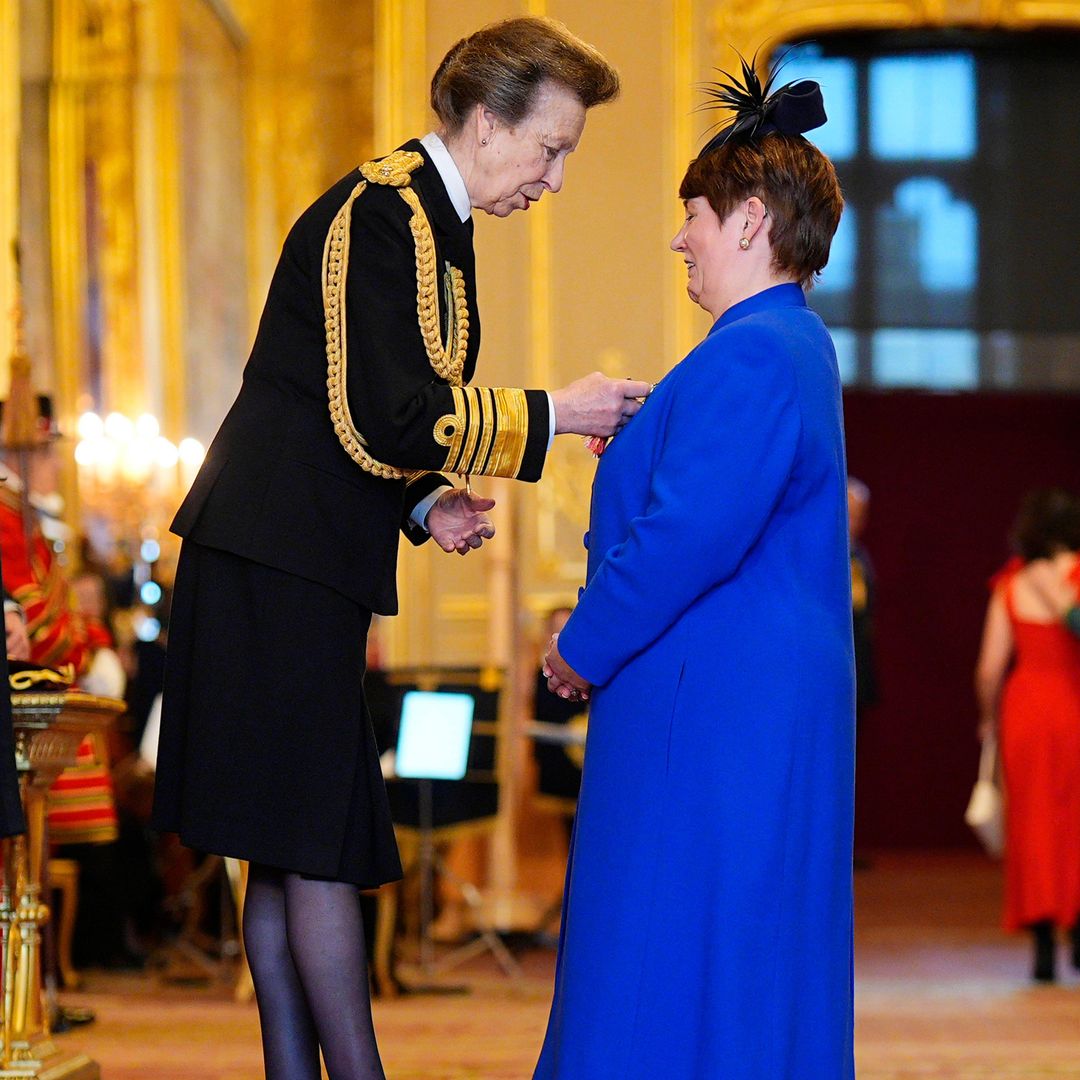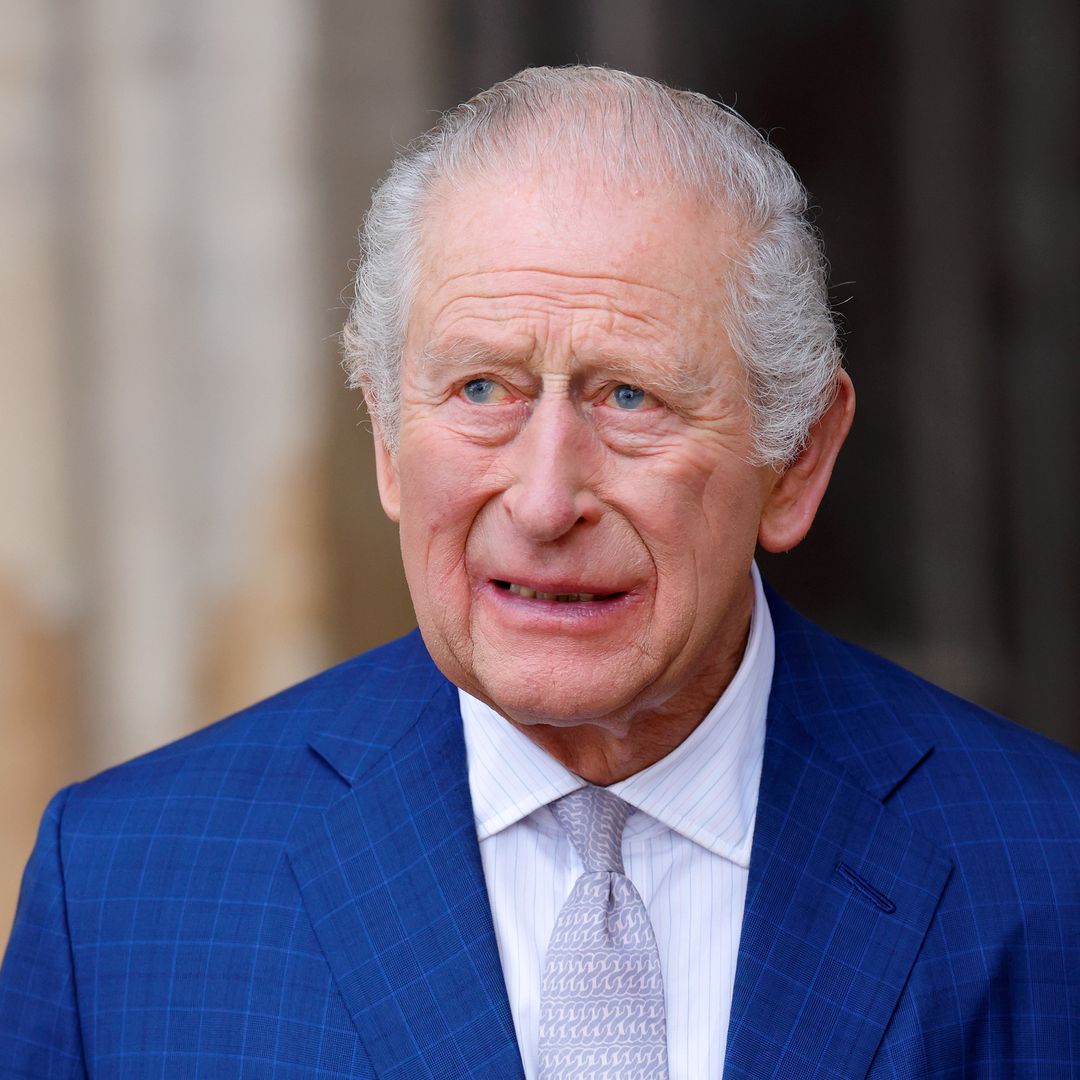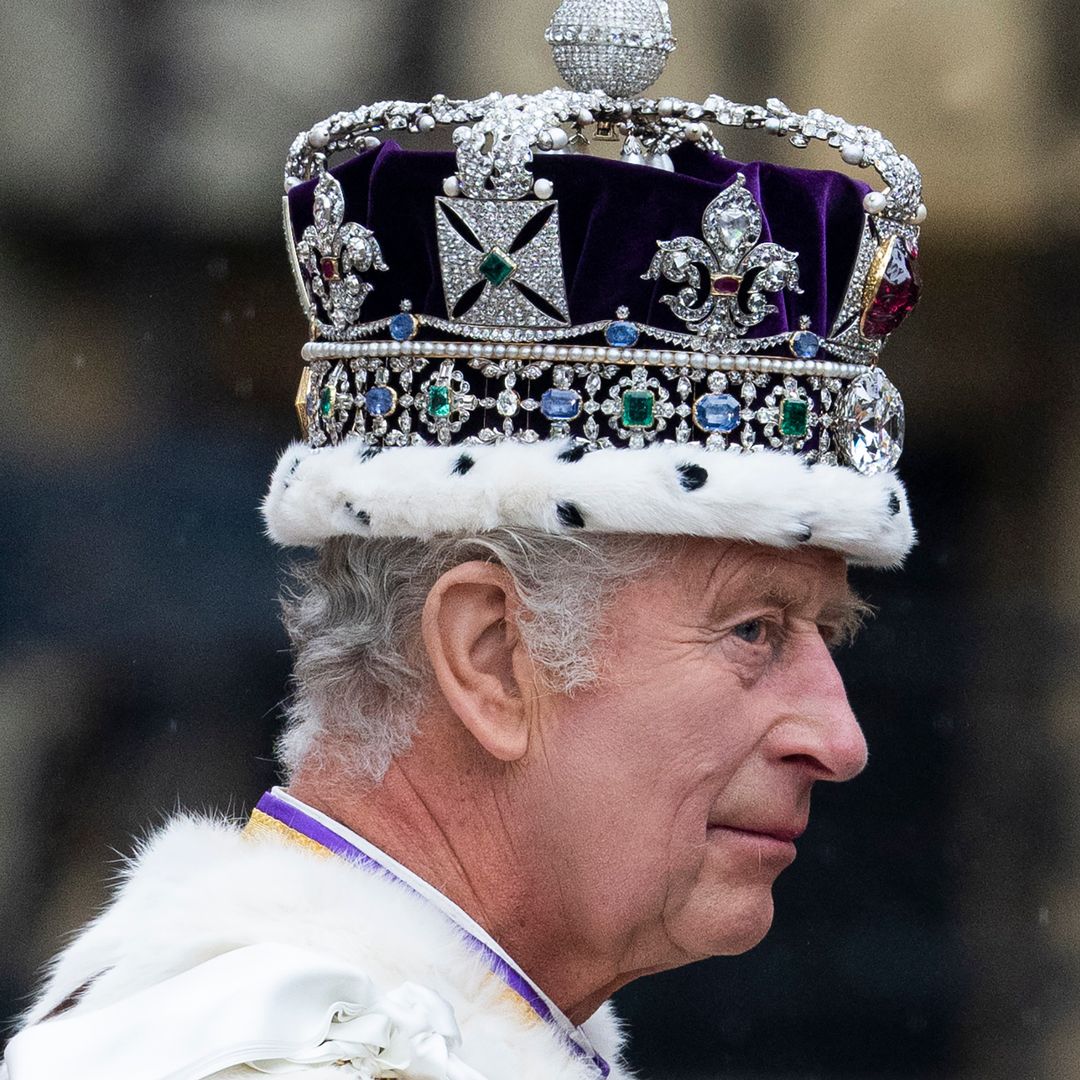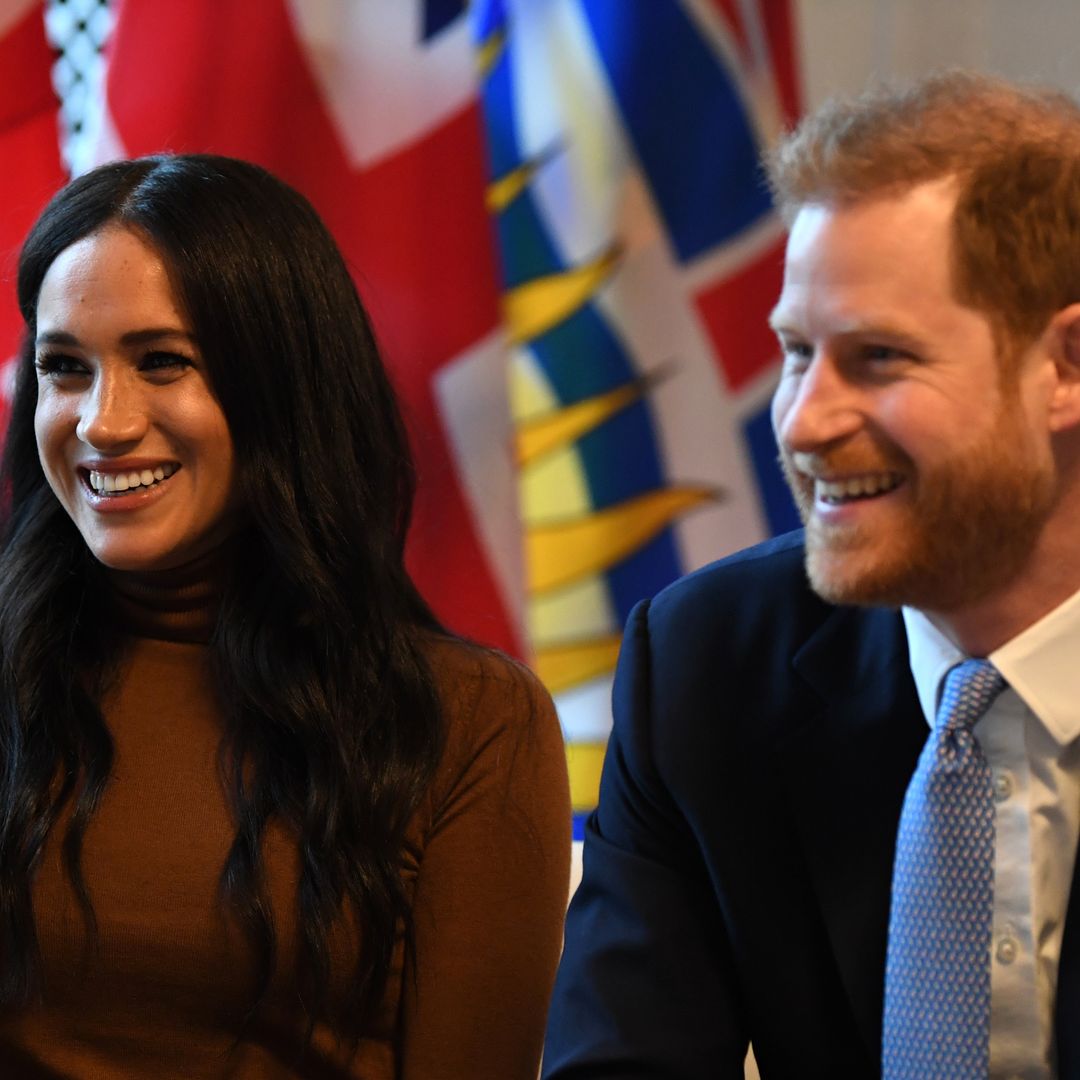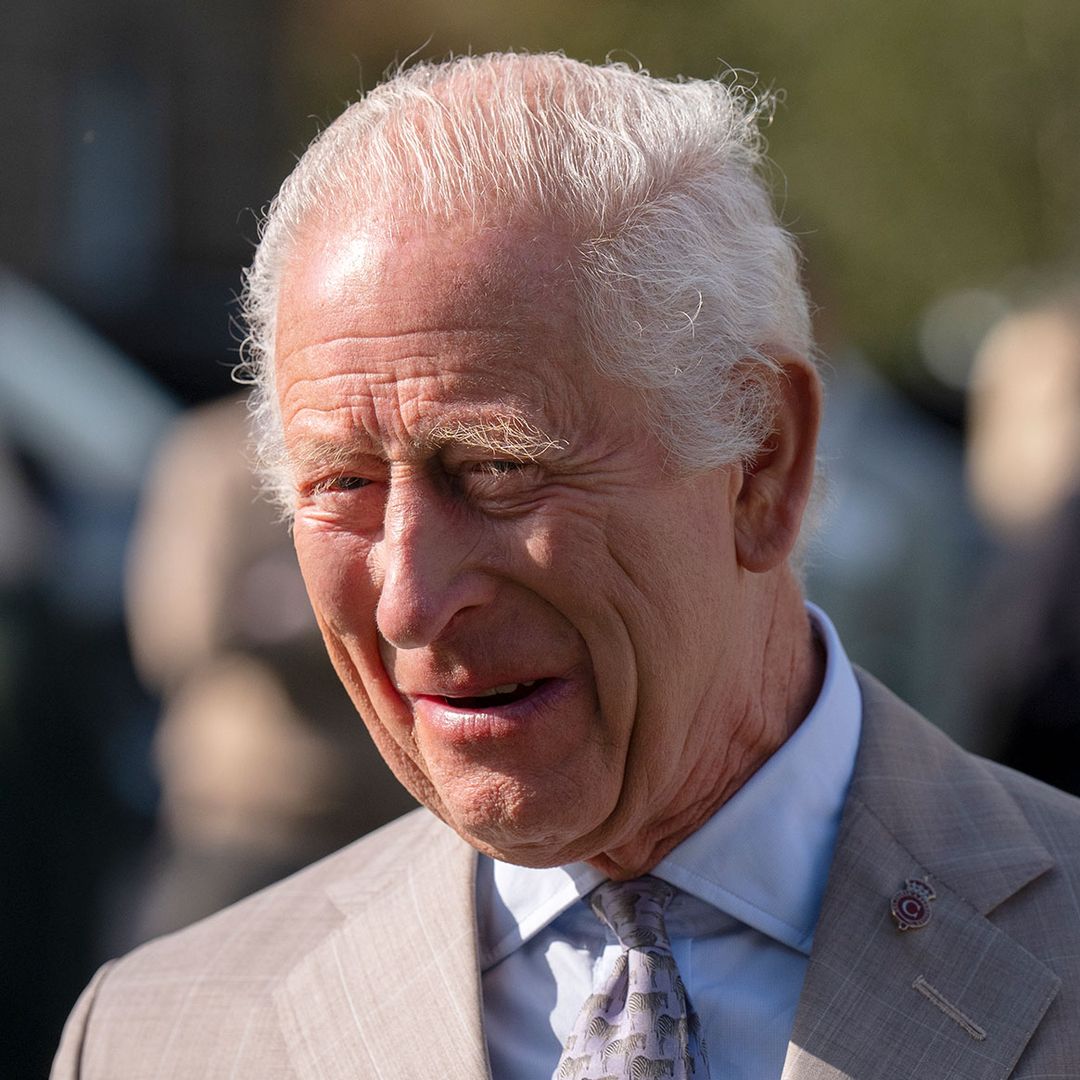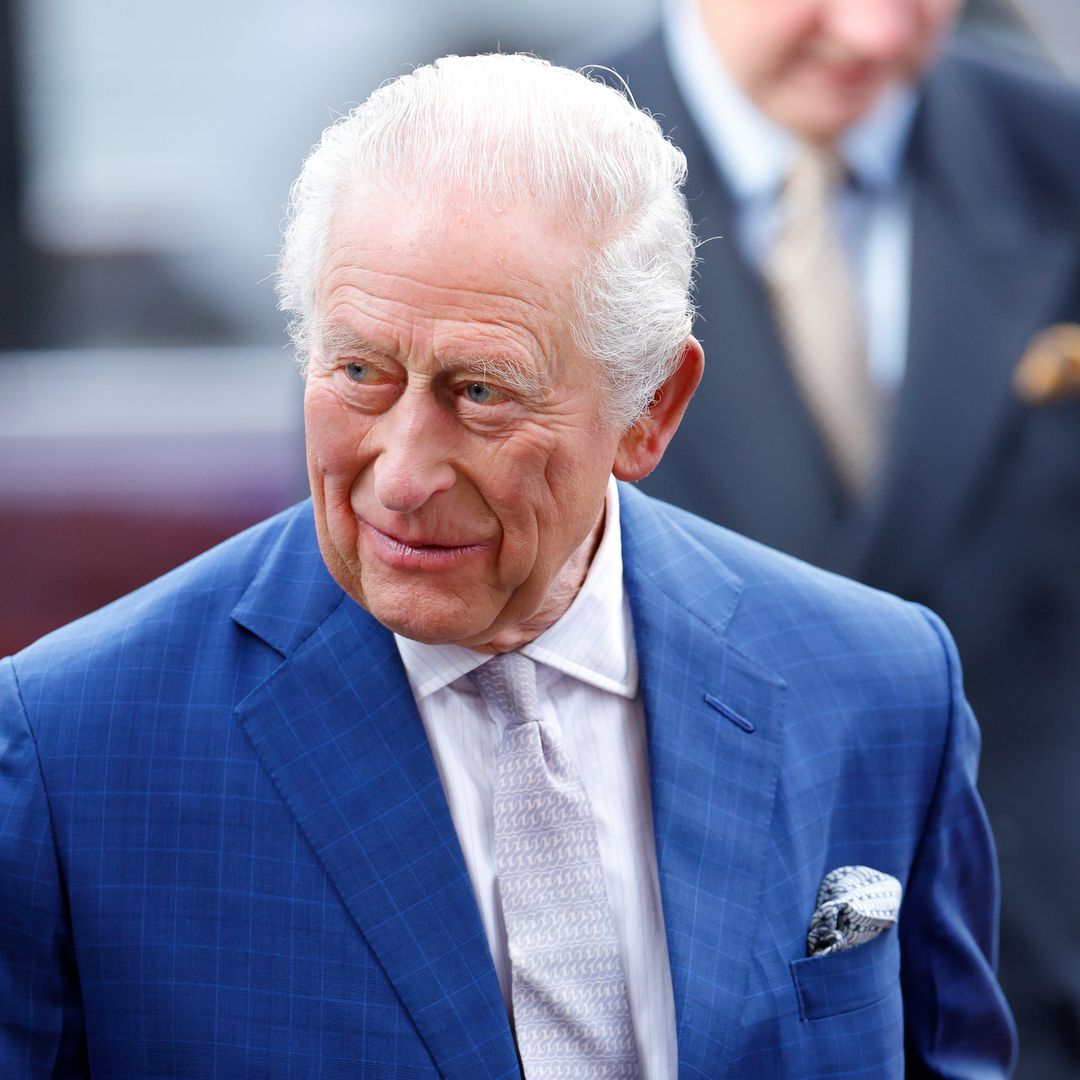King Charles was just nine years old when he met Sir David Attenborough, one of the world's most distinguished environmental advocates.
Their meeting on the small screen in 1954 for the BBC documentary Zoo Quest was a catalyst for the monarch's deep appreciation of the importance of the natural world, prefacing decades of environmental campaigning.
"When [Charles] became prominent and an adult, he took a strong line at a time when nature conservation was regarded as being slightly specialist," Attenborough told the BBC.
"But in fact, he was absolutely right and the world has come to see the world as he saw it."
The King's lifelong commitment to sustainability is fuelled by his own eco beliefs. The monarch is known to despise all kinds of waste and has spoken numerous times about protecting the planet in order to create a better future for his grandchildren.
Lucy Johnson, sustainability expert and founder of Lovebrook & Green, told HELLO!: "King Charles ascended the throne at a time when the planet faces its greatest peril. Luckily for us, he is a man prepared.
"The King started talking about sustainability, global warming and grass fed produce decades before they'd entered most people's conversations. His love of nature has been undimmed and over the last six decades he has proven himself to be one of our foremost environmentalists."
In honour of Earth Day, HELLO! revisits some of King Charles' most positive pledges to the planet over the years.
King Charles' major sustainability speech, 1970
King Charles was just 21 years old when he made his first milestone speech about the environment, on 19 February 1970. He warned of the threats from plastic waste and chemicals dumped into rivers and seas, and the "air pollution from smoke and fumes discharged by factories and from gases pumped out by endless cars and aeroplanes".
The speech was considered extremely radical at the time, though has become even more relevant today. King Charles admitted his views were once "considered rather dotty" yet they still reflect major issues the world is grappling with today.
Favouring organic farming
Over 40 years ago, His Majesty transformed the acres of land at his beloved Highgrove Estate into an organic farm, strictly limiting the use of antibiotics and other harmful chemicals.
At the time, the Prince was called "a complete idiot" for even suggesting it.
At one of his final engagements as the Prince of Wales, the royal said: "One of the reasons I went organic 40 years ago was because I felt there was an overuse of antibiotics. And I felt that if you overdo it, you end up with resistance. Anyway, that's what happened. I was told I was a complete idiot for even suggesting going organic."
In 2020, it was announced that the Home Farm lease would not be renewed due to his increasing responsibilities, but he continues to farm organically at Sandringham.
Launching the Sustainable Markets Initiative, 2020
In his former role as the Prince of Wales, the King launched the Sustainable Markets Initiative in 2020 to accelerate the world's transition to a sustainable future, ensuring businesses work in favour of people and the planet.
"We've got to come together as a world on this," said the monarch of the launch. "I feel very strongly that we have to develop an approach which by putting nature at the centre of the whole process, what profit we make, we have to also make a profit for nature by putting something back. So that my, and your children and grandchild can have some kind of reasonable future."
Now, more than 500 CEOs are part of the initiative, including the heads of some of the world’s biggest financial institutions.
Eating a planet, positive, plant-based diet
As well as eating organic produce, which tends to produce far less carbon emissions than regular farming, the King is said to avoid waste wherever possible.
"I can’t bear any waste, including food waste; I’d much rather find another use. Which is why I’ve been going on for so long about the need for a circular economy, rather than a linear one where you just make, take and throw away – which is a tragedy, because inevitably we over-exploit natural resources that are rapidly depleting," King Charles told Vogue's former editor Edward Enniful.
King Charles chooses to follow a mainly plant-based diet in order to reduce his carbon footprint. "For years I haven’t eaten meat and fish two days a week and I don’t eat dairy products one day a week," the royal told the BBC in 2021.
King Charles' sustainable fashion exhibition
The King has been a champion of the 'Positive Fashion' initiative alongside the British Fashion Council's commitment to climate action since its inception in 2018, and will soon launch a sustainable fashion exhibition using recycled materials from his garden at Highgrove House.
The exhibition comes as part of the King's ongoing collaboration with designer duo Vin + Omi, who have brought Royal Garden Waste To Fashion’s Future to life.
The collection will feature 24 garments and accessories that combine eco-consciousness with innovation, including the world's first maxi dress created using butterbur - an Asian bog plant that grows beside the lakes at Sandringham.
Driving a car run on bio-fuel
On his 21st birthday, His Majesty was gifted an Aston Martin by his mother, the late Queen Elizabeth II. At the request of the Prince of Wales, the car underwent extensive changes to allow it to run on a biofuel. It uses a combination of English white wine and whey from cheese as a form of fuel.
"The engineers at Aston said, 'Oh, it’ll ruin the whole thing,'" Charles told The Telegraph in 2018. "I said, 'Well I won’t drive it then,' so they got on with it and now they admit that it runs better and is more powerful on that fuel than it is on petrol."And also, it smells delicious as you’re driving along," he added.
